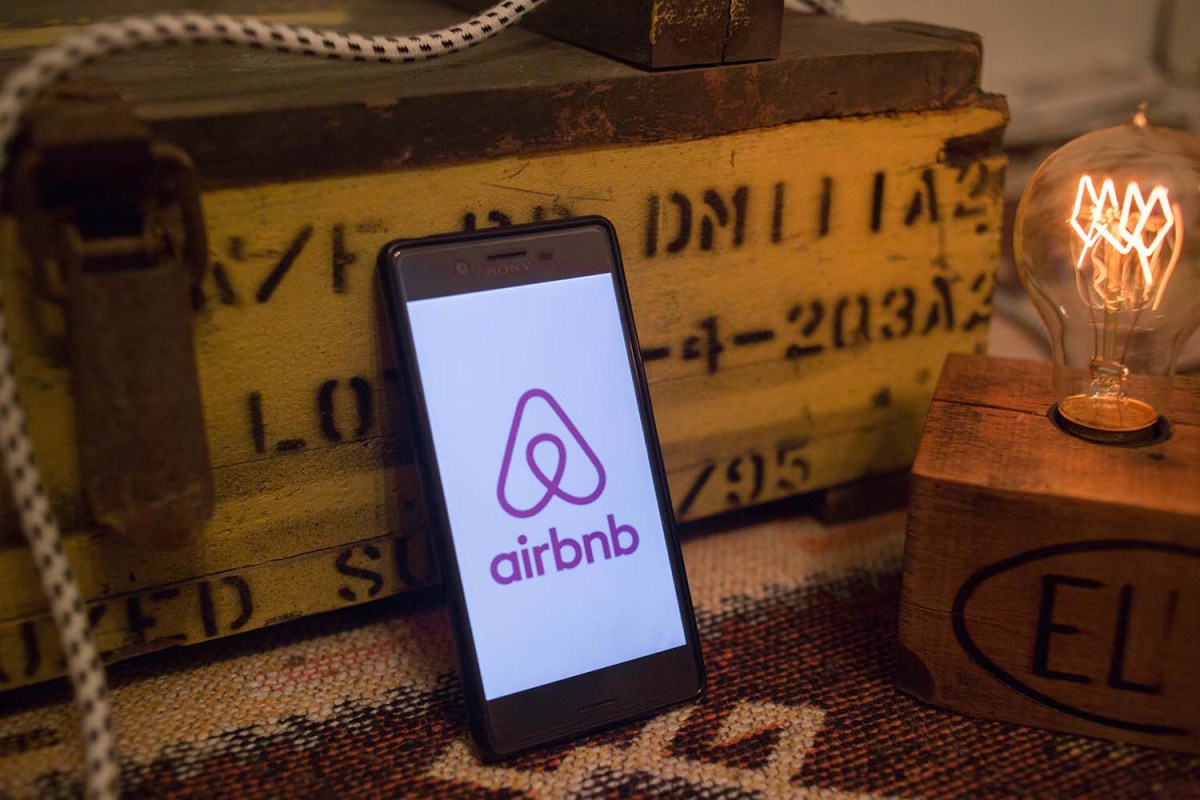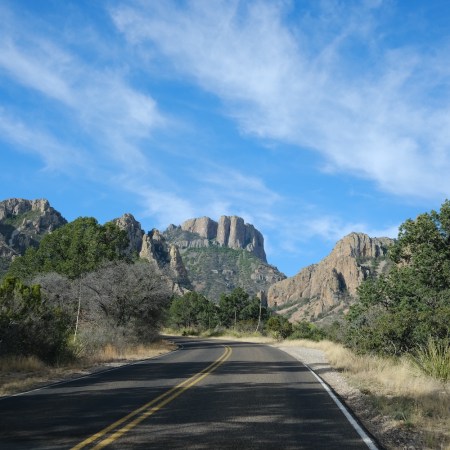Airbnb is a $30+ billion company with 150 million users in over 65,000 cities.
For something that size, problems are bound to pop up: discrimination, illegal listings, hosts using spy cams, unnecessary fees, etc.
Admittedly, some of the news is sensationalist. Other times? Well, let’s just say Airbnb causes a fair share of its own headaches.
Below, we’ve rounded up what we deem the eight biggest issues for guests, along with advice on solving them and, when necessary, a few worthy alternatives to the accommodation-sharing site.
Book with vigilance.
The problem: Airbnb hosts are spying on guests
Another week, another host hiding a camera in a wall to spy on you (be it for security or pervy reasons). And the company might not have your back — while Airbnb’s official rules require hosts to list whether they have a security camera or recording device (even if it’s not turned on), the company simply suggests it will “allow the guest to cancel the reservation and receive a refund.” But there still might be a cancellation penalty, and it doesn’t do you any good after the fact if your personal space has been violated.
Over at CNBC, reporter Todd Haselton suggests investing in a $70 RF detector (which is now under $60), which alerts you to devices that might be connected to the internet. His suggestion: turn up the power but not too much, or else you’ll start picking up normal devices like your cell phone or home wifi. Then do a sweep, concentrating on areas “where you’d hide a camera if you wanted to watch someone,” concentrating on the edges of rooms and seemingly innocuous objects like furniture, plants, books and chargers.
The problem: Your host’s wifi might be compromised
Much like public wifi hotspots, the Airbnb room you’re staying in might be vulnerable to bad actors eavesdropping on your web browsing or even stealing your personal info. And it might not be the host doing the dirty work — it could be a prior Airbnb tenant. Your best bet here? If you’re unsure, keep your anti-virus/anti-spyware software up to date, use a virtual private network (VPN) or use your phone as a hotspot in lieu of your host’s iffy wifi network. If your host has a separate modem and router, you might be able to plug in an online privacy device like Winston.
The problem: Airbnb’s tacking on a lot of fees
Good news for travelers: as of early June, Airbnb’s eliminated some fees that defaulted up to 20 percent for guests, which made it difficult for hosts to show the real price for listings. Now, it looks like most professionally managed listings on the site — at least outside North America — will have a default host-only fee (unless property owners override it). As Skift notes, this move was probably made to compete against the likes of Booking.com and Marriott’s new Homes & Villas home-sharing business, neither of which charge guest fees.
The problem: After booking an Airbnb, you’re kind of on your own
Hotels have concierges that often work with local tour operators so they can help you plan activities and meals in the area you’re staying. Similarly, the just-launched Airbnb Adventures makes the brand a tour operator on its own. There are a ton of sweet trips immediately available for booking in North America, from learning island survival skills in Puerto Rico to rafting expeditions in the Yukon. Some trips are 10 days, others just two, but all are headed by real experts, either operating individually or with local tour operators.
The problem: Airbnb’s listings are vast but limiting
Airbnb, which recently acquired HotelTonight and has started to blur the line between home sharing and traditional hotel stays, now has Airbnb Luxe, a stable of stays that look a lot like hotel villas (with all the amenities to match). But there are certainly alternatives, many of which offer more unique or high-brow lodgings. We recently spotlighted 10 such companies, including Third Home (think Airbnb for the .001 percent, with prices to match) and Bud and Breakfast, a repository of 420-friendly homes and bungalows around the globe.
The problem: You don’t want to stay (or get evicted from) an illegal Airbnb listing
Different cities and countries have different rules when it comes to listings on Airbnb, many of them increasingly hostile. If you really want to cover your bases when it comes to reserving a legal room, Lifehacker has a good (and quick) checklist of what you should do as a potential Airbnb tenant, including researching your destination city’s policies and laws, requesting legal documentation from your host and avoiding any property that asks you not to talk to folks in the building or lie about who you are.
The problem: You’re a landlord who hates Airbnb
Invest in a service like SubletSpy or skim the constantly updated stats provided by Airbnb gadfly Murray Cox on his Inside Airbnb site. Also, maybe try to not overcharge or screw over your tenants, who may just need a little extra cash due an early move or even to afford their monthly rent (speaking from personal experience here).
The problem: Your Airbnb host is racist
A Harvard field study found that black Airbnb users are 16 percent less likely to be accepted as white ones. Airbnb’s been working on this: they’ve hired a civil-rights attorney, now requie users to sign a community commitment pact when they sign up, encourage people to use an “Instant Book” option and ban racist hosts. They also have an Open Doors program that guarantees booking/rebooking assistance for anyone who believes they were subject to discrimination.
This article was featured in the InsideHook newsletter. Sign up now.
























